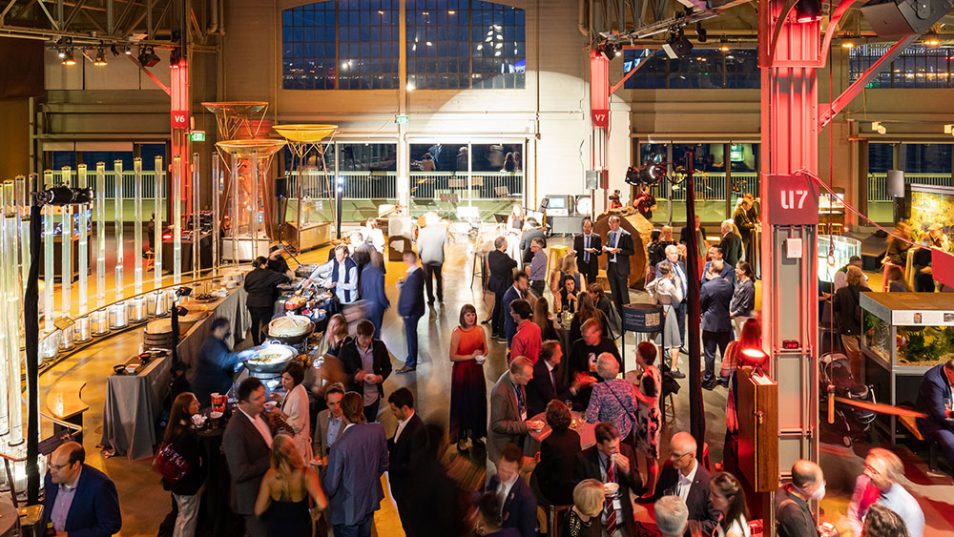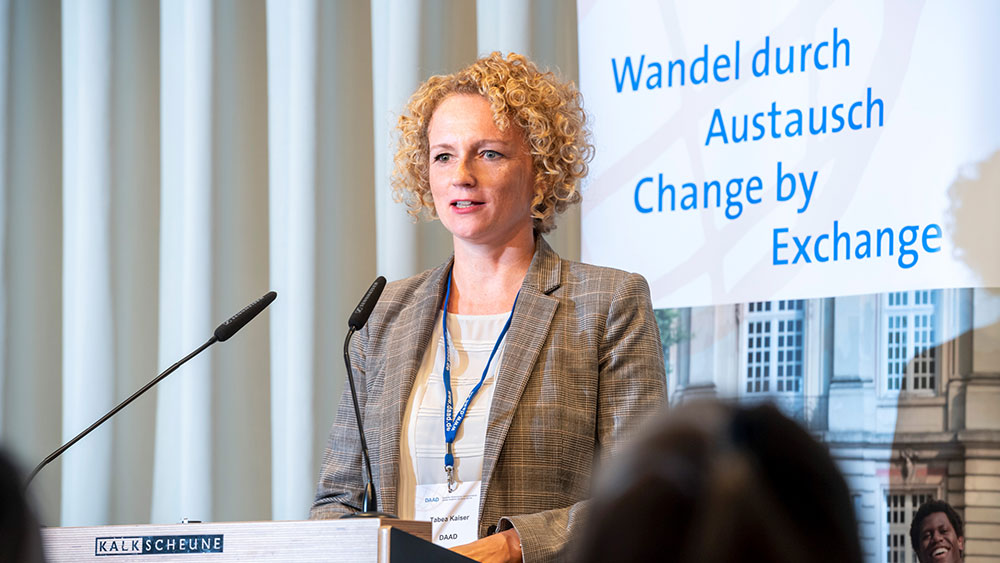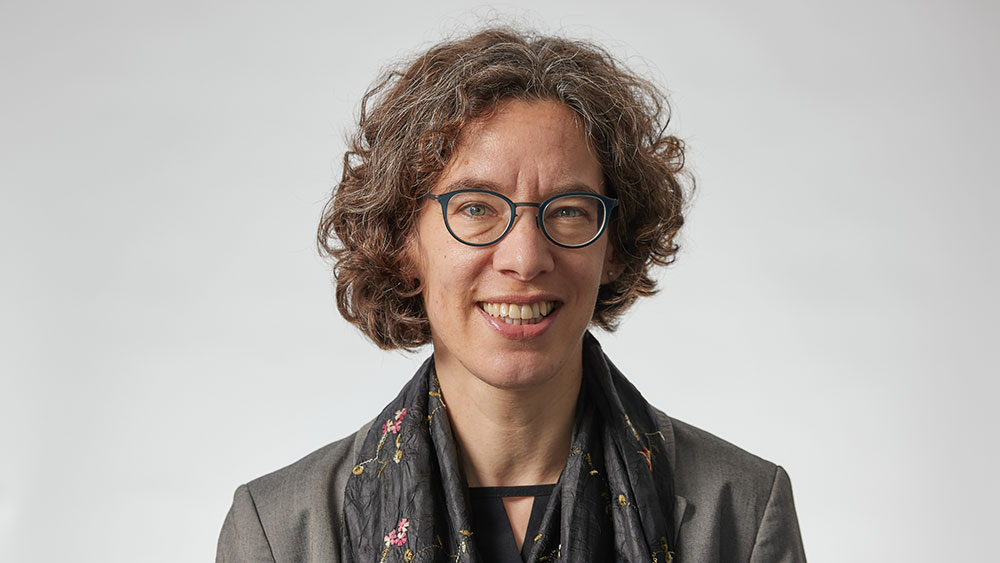The DWIH network in 2022
 © Barak Shrama
© Barak Shrama Maintaining dialogue worldwide, even in the face of global change and severe conflict: a look at the development of the network of German Centres for Research and Innovation (DWIH) in 2022.
“Our network connects people globally, enabling us to respond to global issues together. This is also crucial in terms of the DWIH focus topic for 2022, ‘Sustainable Innovations’.” Dr Ursula Paintner, DAAD Director Communications responsible for the DWIH, sees the network as being well positioned in terms of its aim to interlink different innovation cultures and strengthen them across national borders. “We can only be effective in tackling challenges such as climate change and sustainable development if we understand each other’s innovation cultures,” says Paintner. “In order to be able to take on these global challenges together, we need to know how people are working on new developments in other countries – and that’s where a local presence is vital.” As such, the opening of DWIH San Francisco in April 2022 was an important step that has once again given rise to new opportunities for the network.
A fresh start in San Francisco
“With its close proximity to Silicon Valley and California’s top universities, DWIH San Francisco is attracting particular interest among German institutions,” says Tabea Kaiser, head of the DAAD’s DWIH office. The new Centre is already causing a stir on the Californian innovation scene, its opening gala with numerous guests at San Francisco’s Exploratorium marking a fresh start after the various restrictions of the COVID-19 pandemic. “You could say that the DWIH entered the post-pandemic era in 2022, though restrictions were eased at different times in the various countries,” says Ursula Paintner. The network has changed as a result of the COVID-19 pandemic: “Work at the Centres has moved more into the digital domain,” says Paintner. “But our target groups have also come to gain an even greater appreciation of face-to-face encounters at on-site events.”

Nonetheless, the global DWIH network continues to make full use of the possibilities offered by digital communication: “The Centres have realized that they can address large audiences quickly and efficiently with their online events,” says Tabea Kaiser. “We see this when people sign up for a DWIH New York online event who are not just in the USA but also in Europe and Africa, for example.” Kaiser says that digital events often make it easier to recruit international speakers, too. Ursula Paintner says: “The DWIH have increasingly offered joint, cross-national online events in recent years. We want to continue to expand this networking in the future.” With the addition of the Californian newcomer, the DWIH now also cover an extremely broad range of time zones – from San Francisco to Tokyo – and direct digital dialogue within the network has become even more important. “We’re now long established as a multilateral network that is active all around the world,” says Tabea Kaiser.

Multilateralism, cross-border cooperation, dialogue that brings people together: the values represented by the DWIH are increasingly under pressure in times of growing international conflict. The Russian war of aggression against Ukraine has led to severe restrictions on the work of DWIH Moscow, though the latter continues to belong to the network of German Centres for Research and Innovation. “Staying in Moscow in 2022 was a conscious decision,” says Ursula Paintner. “With its research and innovation landscape, Germany is still open to Russians, but it’s not possible to imagine any form of cooperation with Russian state institutions at the moment. Fundamentally, however, we need global exchange to find answers for the future.”
Johannes Göbel
